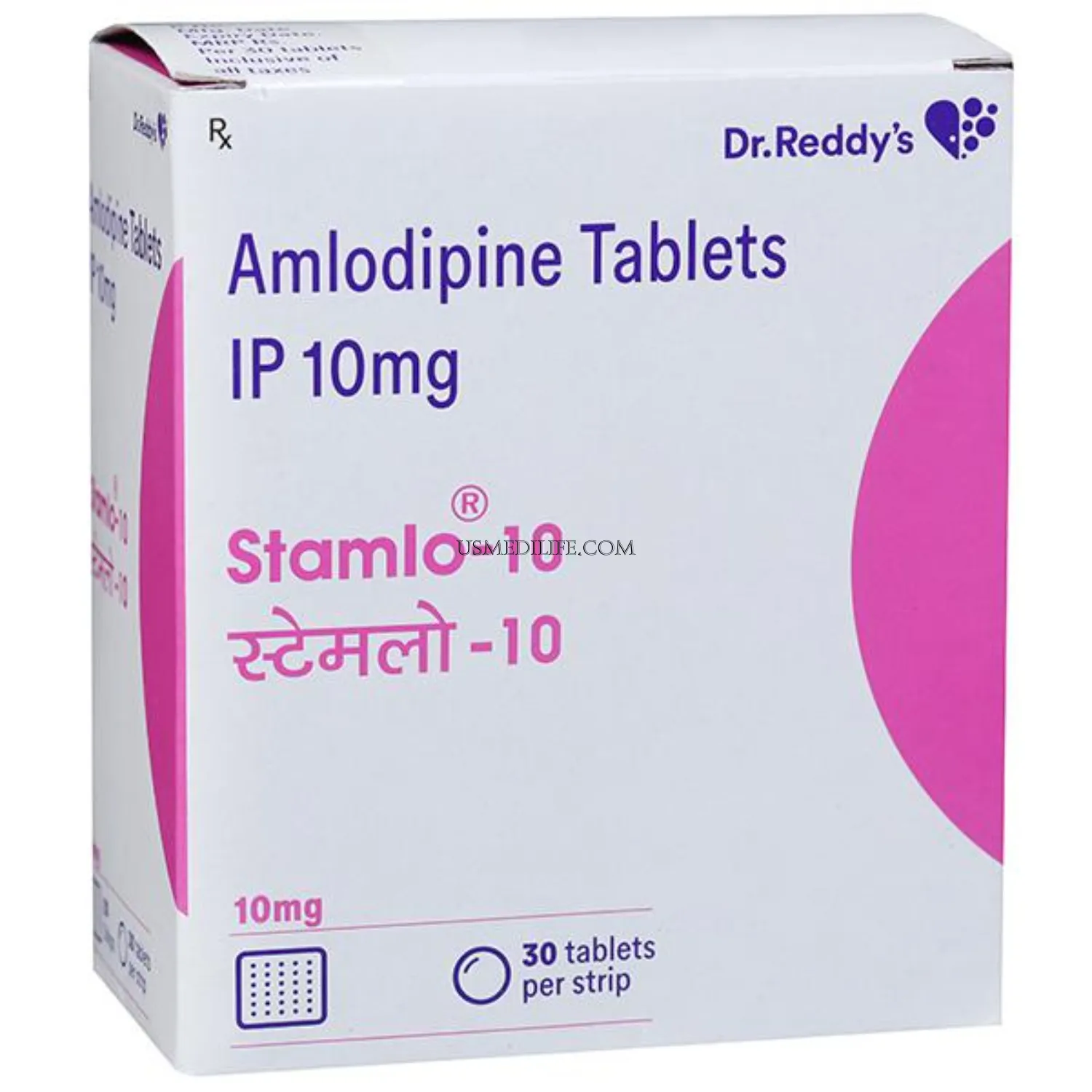Product Grid
Heart & blood pressure
What is blood pressure?
Blood pressure is the measure of the pressure of blood within the arteries. Arteries are the vessels that deliver the blood pumped by your heart to the rest of your body.
Your blood pressure which is normally fluctuating during the day is an example of this.
What exactly do the blood pressure numbers signify?
Blood pressure is measured using two numbers
The first number, called systolic blood pressure, is the pressure in your arteries when your heart is beating; this is the number that is most often seen in your blood pressure reading.
The second one, which is the diastolic blood pressure, is the measurement of the pressure in your arteries while your heart is relaxing between beats.
If the measurement register 120 systolic and 80 diastolic you would say, “120 over 80,” or write, “120/80 mmHg”.
Blood pressure categories
The five blood pressure ranges as recognized by the American Heart Association are
Normal
Numbers of blood pressure below 120/80 mm Hg are believed to be within the norm. If you find yourself into such a group, keep to good healthy habits such as sticking to a balanced diet and meeting the recommended exercise guidelines.
Elevated
An elevated blood pressure is when readings usually land between 120 to 129 systolic and diastolic 80 mm Hg or less. Those with the high blood pressure risk turning into the high blood pressure patients unless the condition is carefully monitored and controlled.
Hypertension Stage 1
Stage 1 of hypertension is a condition in which the blood pressure is a sustained range of 130–139 mm Hg systolic or 80–89 mm Hg diastolic. This is the phase at which healthcare providers are most likely to start with lifestyle changes and in the case of ASCVD risk factors like heart attack and stroke, they may consider adding blood pressure medication.
Hypertension Stage 2
Hypertension Stage 2 is the time that blood pressure continuously is greater than 140/90 mm Hg. At this point high blood pressure, the team of health care professionals will probably prescribe a mix of medications to lower the blood pressure and lifestyle changes.
Hypertensive crisis
Now, this is the second stage of the disease which must be taken seriously by medical profession. If you take your blood pressure readings and find that they have suddenly exceeded 180/120 mmHg, wait for five minutes and then test your blood pressure again. If your readings do remain unusually high, contact your doctor immediately. It is possible that you are having a hypertensive situation.
When your blood pressure is above 180/120 mm Hg and you also feel signs of organ damage look for symptoms such as chest pain, shortness of breath, back pain, numbness/weakness, change in vision or difficulty speaking, don’t wait to see if your pressure will come down on its own.Call 911.
Symptoms
The majority of the people with high blood pressure shows no signs and even if the readings reach to the dangerously high levels, still there are no symptoms present. You can have hypertension for a few years even when you are symptomless.
A few people with high blood pressure may have:A few people with high blood pressure may have:
- Headaches
- Shortness of breath
- Nosebleeds
Then, these symptoms are not specific enough to differentiate it from other illnesses. It is rare that they happen as blood pressure does not reach the severely damaging stage until it has been high for a long period of time.
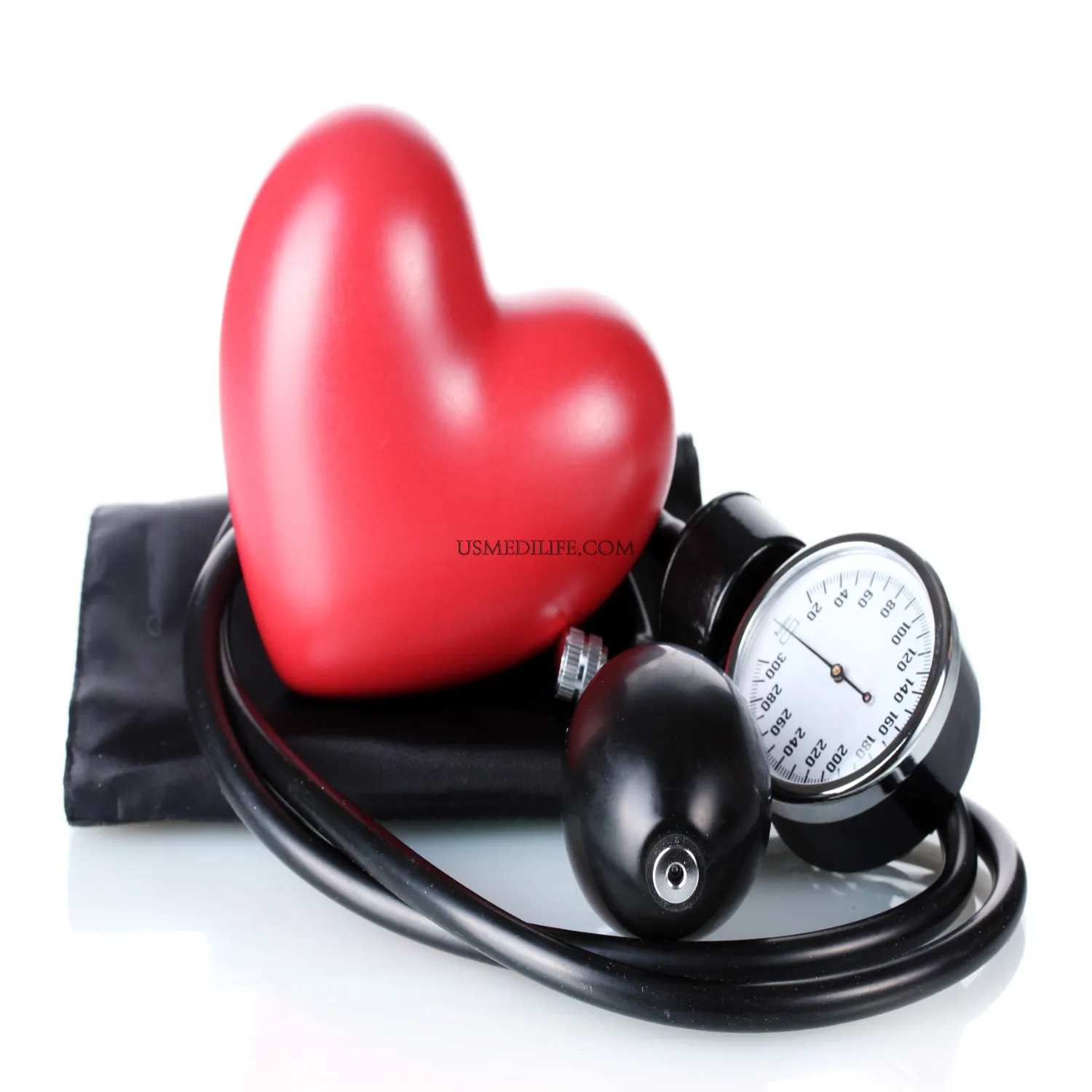
SUGGESTION FORM
PRODUCT REQUEST FORM
px(2).jpg.webp)
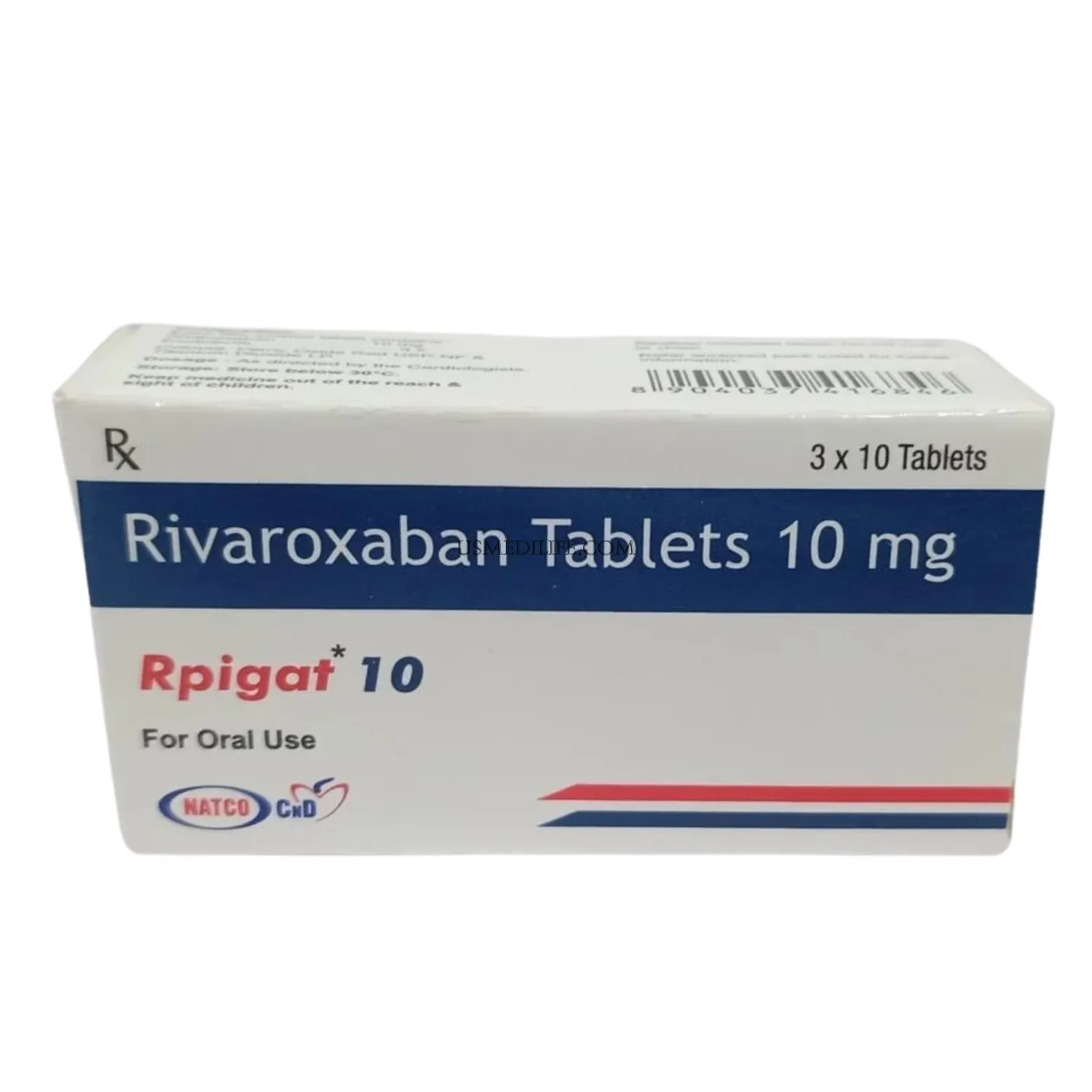
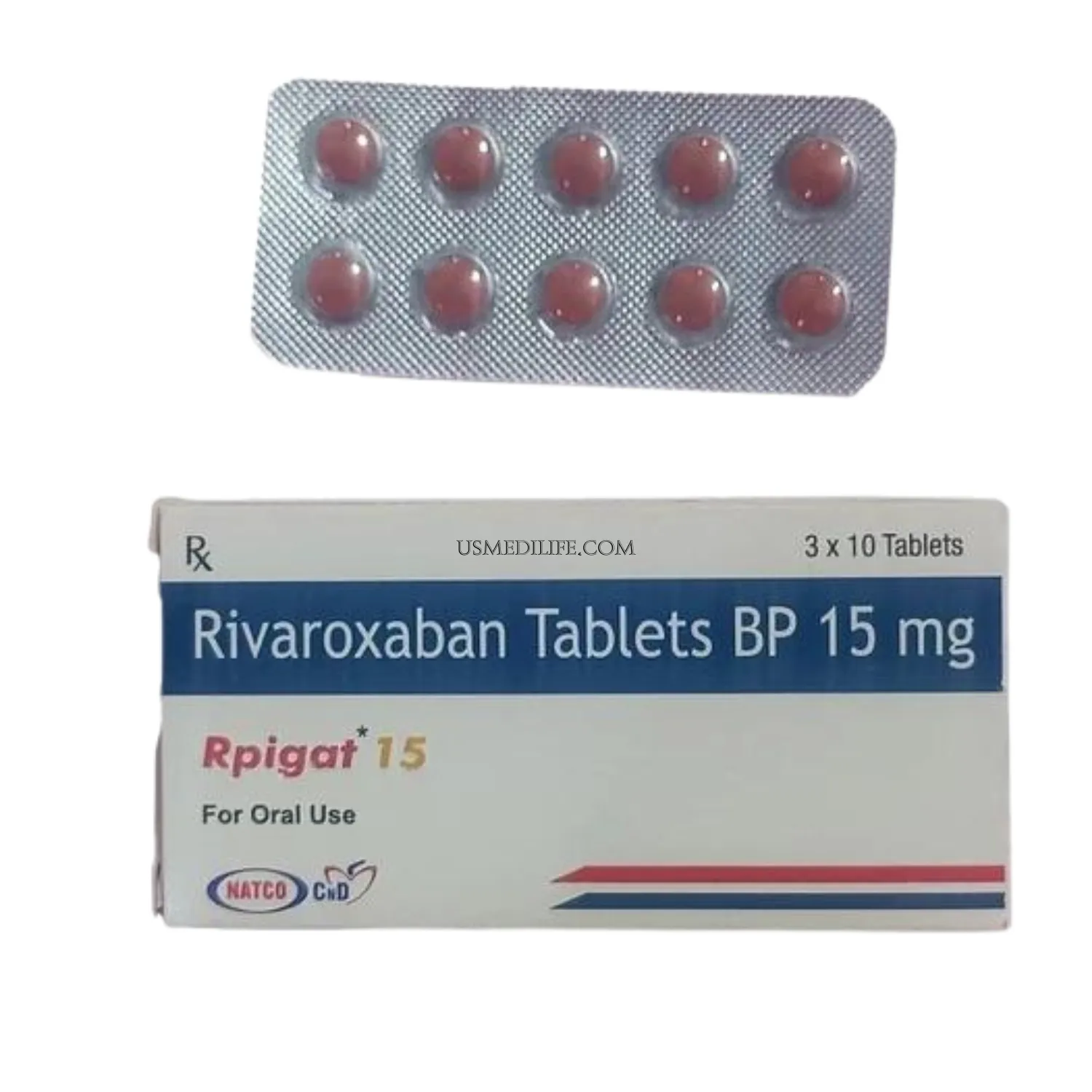
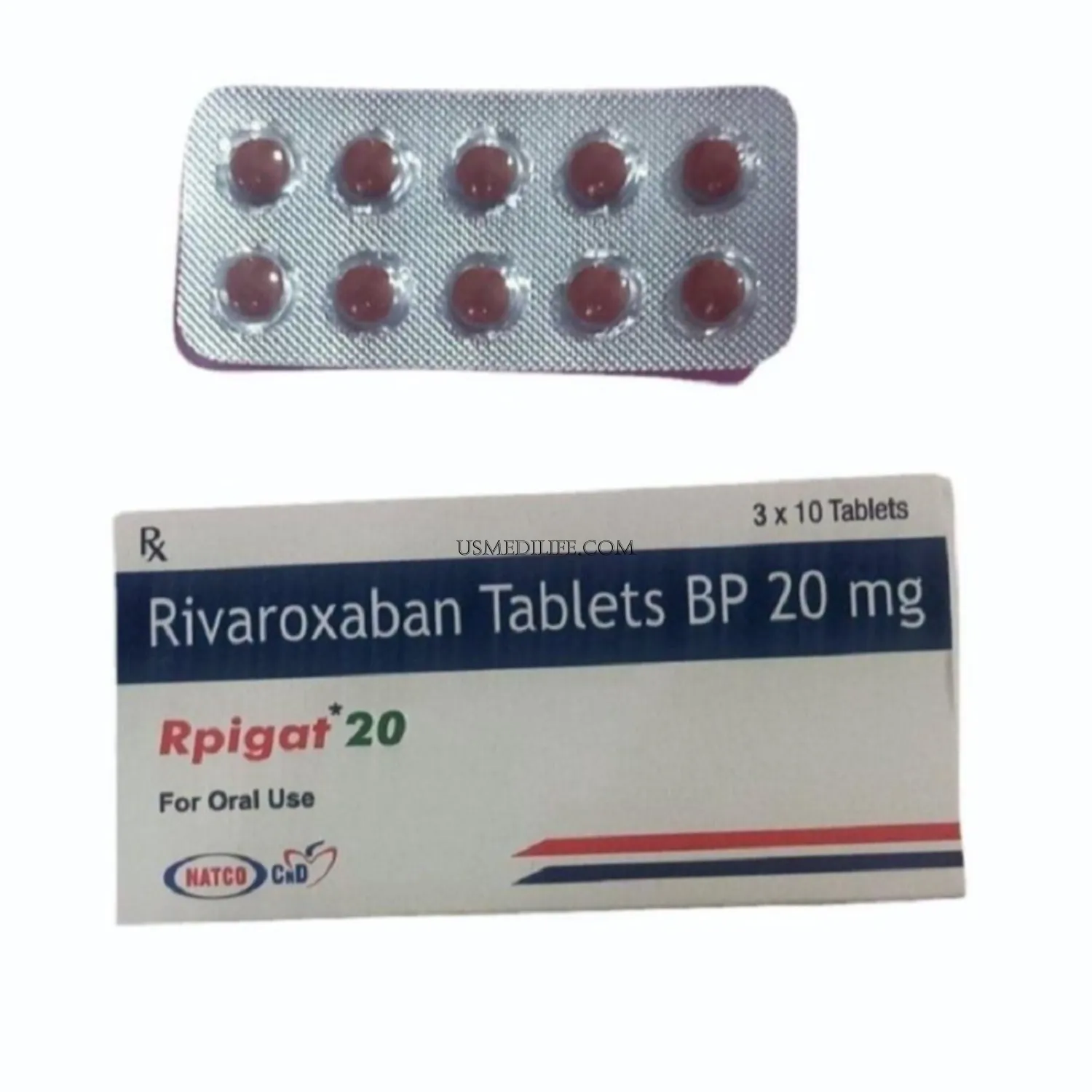
px(6).jpg.webp)
px(7).jpg.webp)
